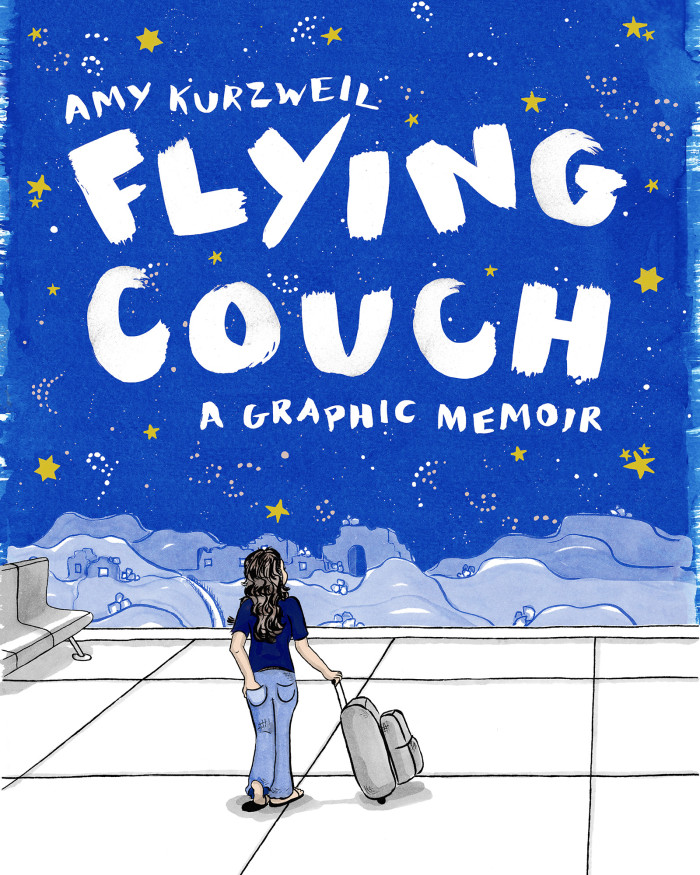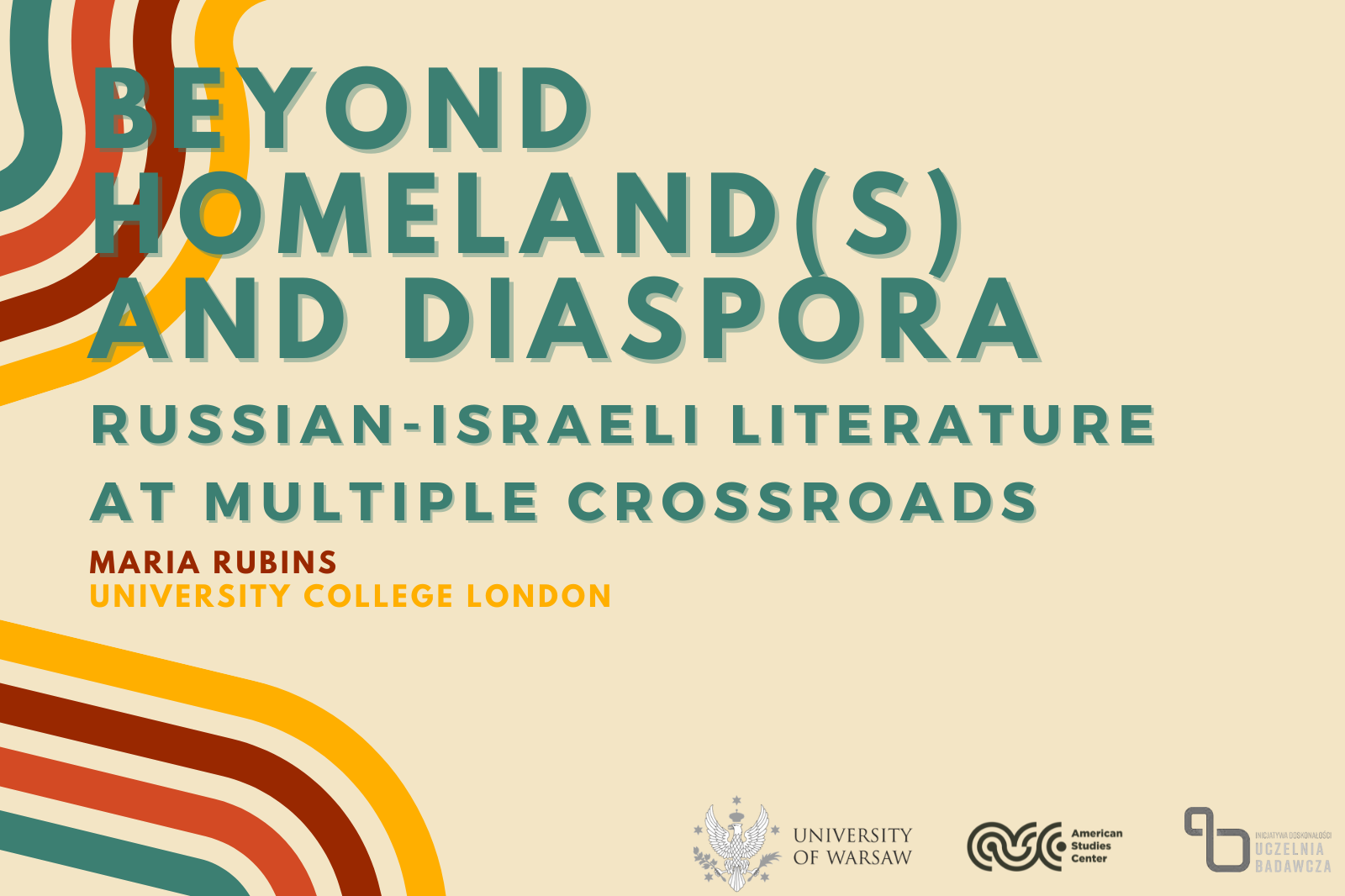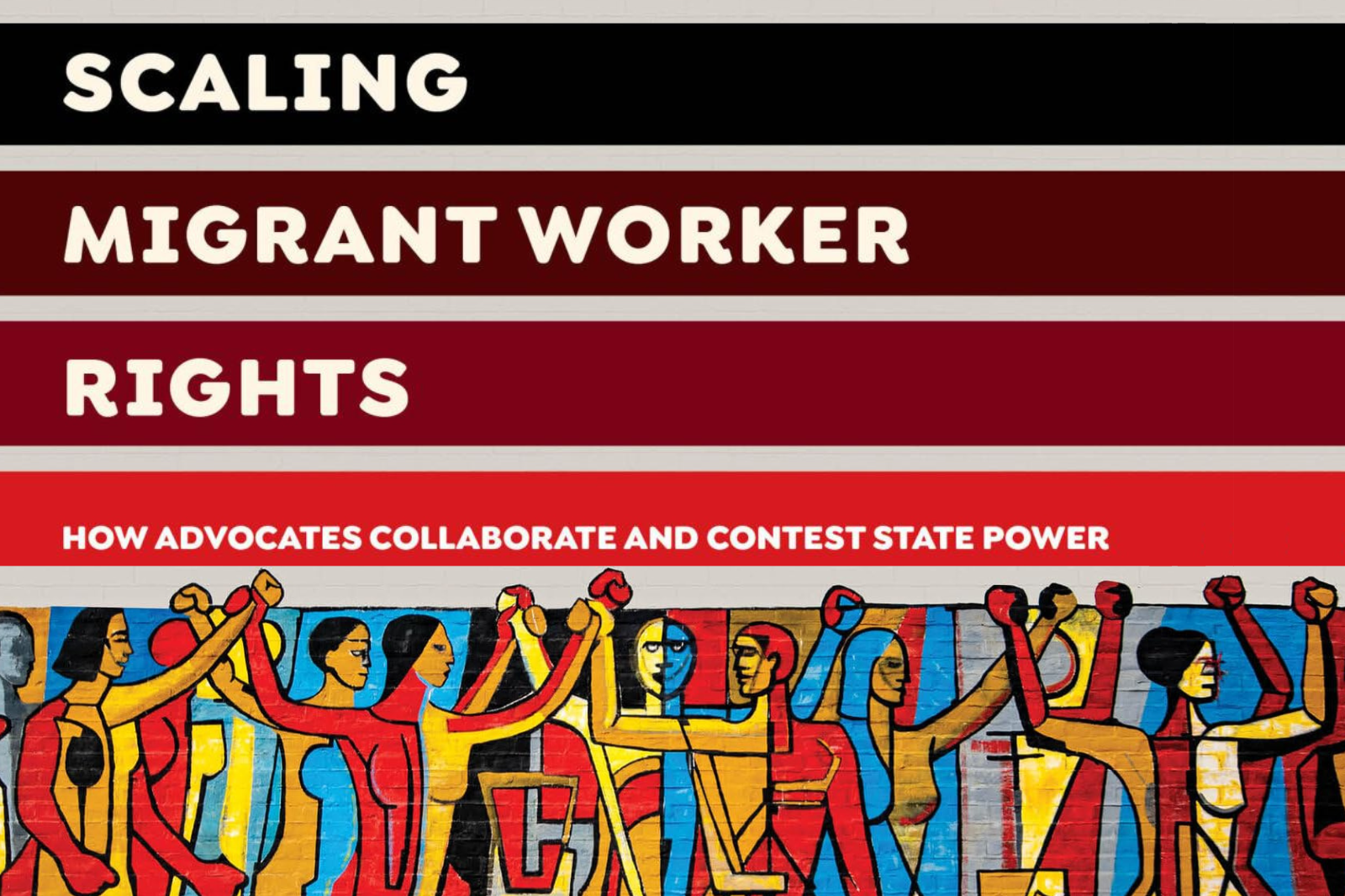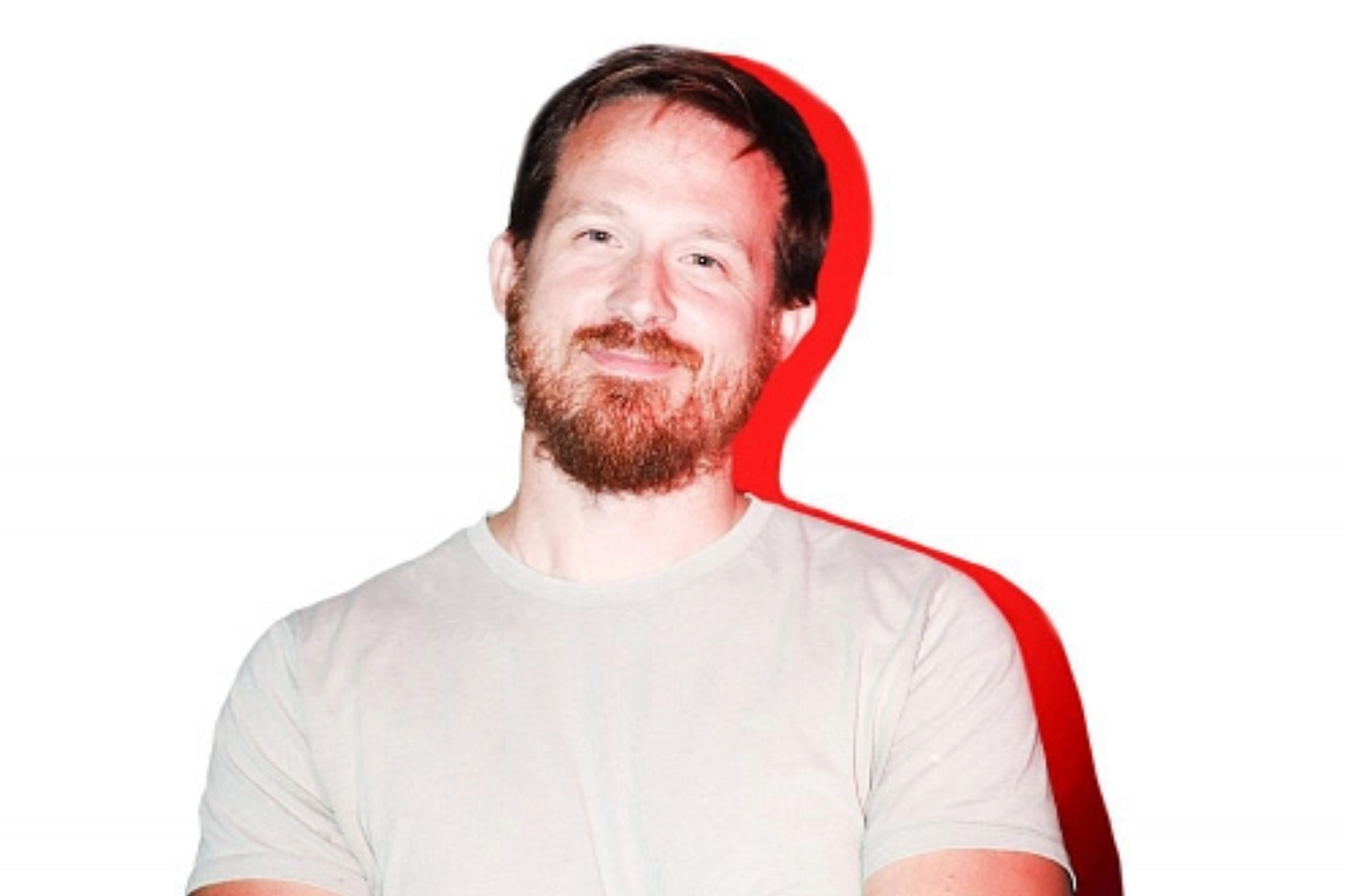We are pleased to announce an online lecture by
Dana Mihăilescu
(University of Bucharest)
Networks of Holocaust Memory in Third Generation
Graphic Narratives: On Amy Kurzweil’s Flying
Couch (2016) and Kindred Narratives
This lecture is going to be a part of the
American Studies Colloquium Series,
which are running online until regular
operations are resumed!
Thursday, April 2, 2020
at 4:00 p.m.
It is still possible to get OZN points for participating
in this event! Check how to do this here.
Where?
Online on our Facebook group!
What?
The presentation focuses on Amy Kurzweil’s debut graphic memoir, Flying Couch (2016), and considers how the Holocaust narrative at the core of this graphic narrative is negotiated by the three generations of Kurweil’s family, the artist’s grandmother who was a World War II survivor who escaped the Warsaw ghetto by disguising as a gentile, her mother – a survivor’s child who became a psychotherapist in the U.S., and the artist herself, coming of age as a third-generation artist in Brooklyn. The guest argues that Kurzweil’s multiple images of her Shoah surviving grandmother and the different ways of positioning Bubbe in time and space, and in relation to herself and her mother, highlight an ethical, future-oriented use of mediating forms of Holocaust memories for third generation artists. Moreover, Dana Mihăilescu proposes that, in this case, the Holocaust is no longer singled out as the paradigmatic event impacting the identity of the third generation granddaughter of a Shoah survivor, as it happened in the case of the second generation; in Kurzweil’s narrative, this traumatic memory will figure out later on as just one form of Jewish representation alongside other events of displacement and conflict affecting the artist’s development and constructing the third generation’s transcultural memory. She will end by showcasing further developments at work in kindred contemporary graphic narratives such as Emil Ferris’s My Favorite Thing Is Monsters. Book I (2017) and Nora Krug’s Belonging. A German Reckons with History and Home (2018).

Who?
Dana Mihăilescu is associate professor of English/American Studies at the University of Bucharest, Romania. Her main research interests include Jewish (American) Studies, Holocaust (survivor) testimonies especially of child survivors, trauma, ethics and memory.
She is the author of articles in MELUS, Shofar, East European Jewish Affairs, Journal of Modern Jewish Studies, French Cultural Studies, American Imago, European Review of History and, most recently, of the monograph Eastern European Jewish American Narratives, 1890-1930: Struggles for Recognition (Lexington, 2018). She was a Fulbright Junior Visiting Researcher in 2008-2009 at Brandeis University. She is currently the leader of the research project Transcultural Networks in Narratives about the Holocaust in Eastern Europe, funded by UEFISCDI (the Romanian National Council for Scientific Research).




